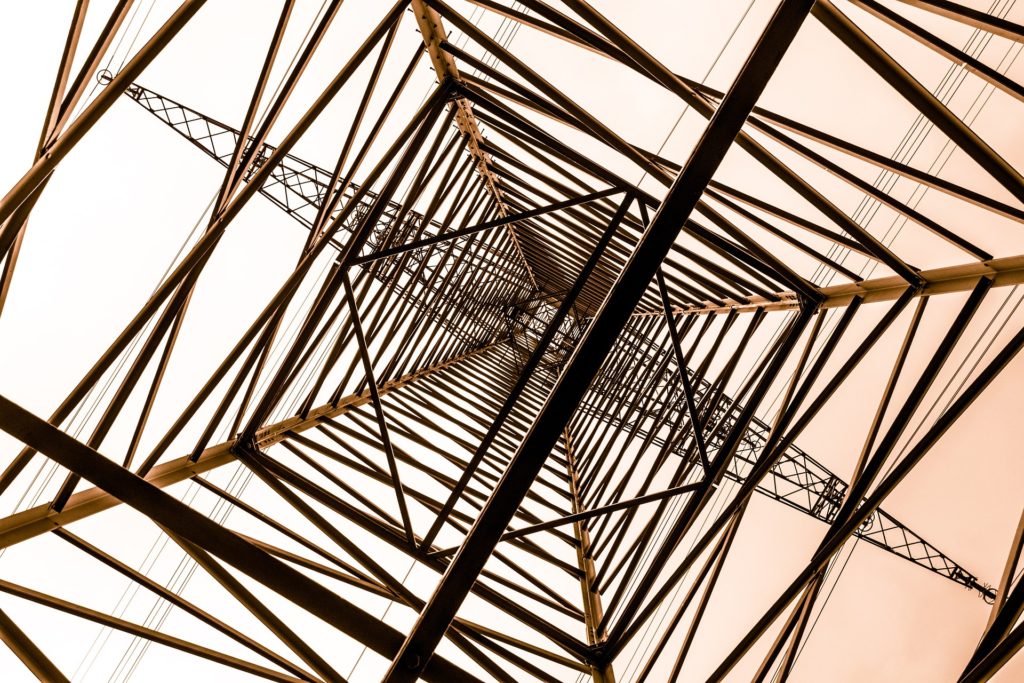In the past, steel has been seen as a more affordable material, but iron and steel prices have almost been at parity for the last few years. Today, people are asking, “What is the difference between steel and iron?” This blog looks at the differences between steel and iron and helps you decide which one is the right one for your project.
When it comes to choosing a building material for buildings, houses, or even fences, there are two main options: steel or iron. One is certainly not better than the other, but this blog aims to highlight the key differences between steel and iron, so you can make the best decision for your project.
Iron as a building material
Iron has been a building material since ancient times. It is strong, malleable, and relatively easy to work with. It is, however, a relatively rare material, which makes it an expensive building material. You can use iron in a wide variety of situations and still get good results. If a thing is made of iron, it often has a metallic look that is distinct. Iron, for example, is not uncommon for statues to have. The Statue of Liberty is made of iron, as is the Eiffel Tower. Furthermore, the Golden Gate Bridge is made of iron. Along with that, many skyscrapers are made of iron. The Empire State Building has the most iron of any building.
Steel as a building material
Steel has been used in building projects for a long time now. It’s a very durable material, making it a popular choice for construction. In fact, it’s the second most common element on Earth! You can find it in things like chairs, bridges, cars, and even skyscrapers. It has many great benefits for anyone looking for new building materials. Not only is it strong, but it’s fire-resistant and corrosion-resistant as well. It also has high tensile strength and low weight. You’ll get the most our of steel buildings especially if they are built with quality in mind.
Iron vs. steel
The two materials are quite similar but have some key differences. Steel is a synthetic alloy made of iron, carbon, and other elements, while iron is a natural mineral. Steel is lighter and has a higher melting point than iron, meaning it can be used in more applications. Additionally, steel is more resistant to corrosion than iron.
That said, iron has a few advantages over steel. It can be forged into more intricate shapes than steel. Additionally, iron has a higher tensile strength than steel, meaning it can withstand more force before breaking.
So, what should you use for your project? It really depends on your specific needs. If you are looking for a lightweight, corrosion-resistant material, then steel is the best option. However, if you need a stronger material that is less expensive, then iron is a good choice.
